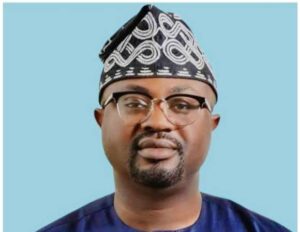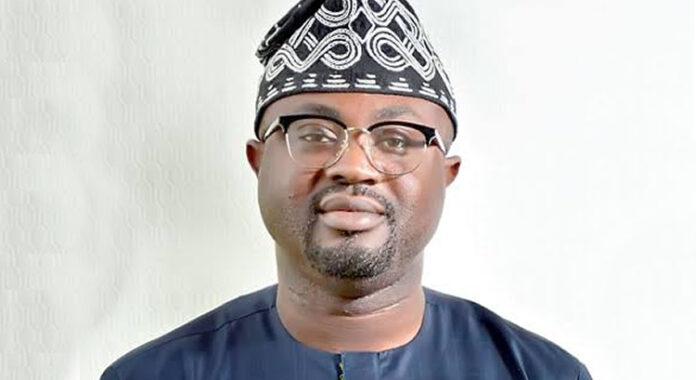The Federal Government on Wednesday reassured Nigerians of its commitment to holistic reforms in the Correctional Service.
The Minister of Interior, Dr. Olubunmi Tunji-Ojo, gave the assurance during the official launch of the report on the National Assessment of the Situation of Children and Young Adults Deprived of Liberty in Abuja.
He stated that the Nigeria Correctional Service Act of 2019 mandates addressing juvenile delinquency through reforms, rehabilitation, and reintegration of offenders into society.
“I’m passionate about giving inmates, especially children and young adults, a second chance, as I strongly believe that a minor action of a minor should not be a major setback for their future,” he said.
In a statement issued by the Director of Press and Public Relations, Ozoya Imohimi, the Minister decried the high number of correctional centers across the country compared to the ratio of inmates to the population. He questioned, “Do we really need 256 correctional centers in Nigeria? When you compare the ratio of inmates to the population, Nigeria is one of the lowest.
“We have 84,000 inmates in a country of about 200 million people, so why should we have 256 correctional centers? How many armed correctional guards do we have to secure these 256 centers? These are questions we need to ask ourselves,” he stated.
Regarding the Bobrisky case, the Minister stressed that it would not be business as usual. “We are resolute. By next week, the committee will be ready with the report. My concern is not just about Bobrisky but about my officers. If any officer is found guilty, they must face the consequences.”
He reiterated that beyond the name change from prisons to correctional facilities, President Bola Ahmed Tinubu’s administration is committed to transforming the Correctional Service into a hub for rehabilitation, reformation, and redemption.
“The correctional service cannot continue to be a point of embarrassment for the Nigerian Government. We will not allow the actions of a few to tarnish the integrity of the entire institution,” Dr. Tunji-Ojo said.

He also mentioned that the committee would be expanded to address such issues in the future. “We will broaden the committee because when crises arise, they present opportunities for reform.”
While appreciating the efforts of all contributors to the report, Dr. Tunji-Ojo assured the public that the government would carefully consider all issues raised and seek sustainable solutions.
He further assured UNICEF of his ministry’s support in addressing issues related to juvenile justice.
Key stakeholders and partners in attendance included officials from the Ministry of Justice, National Assembly, Prisoner’s Rehabilitation and Welfare Action (PRAWA), UNICEF, Nigerian Bar Association, British High Commission, US Embassy, European Union, NBS Nigeria, Nigerian Police Force, and the National Human Rights Commission, among others.




